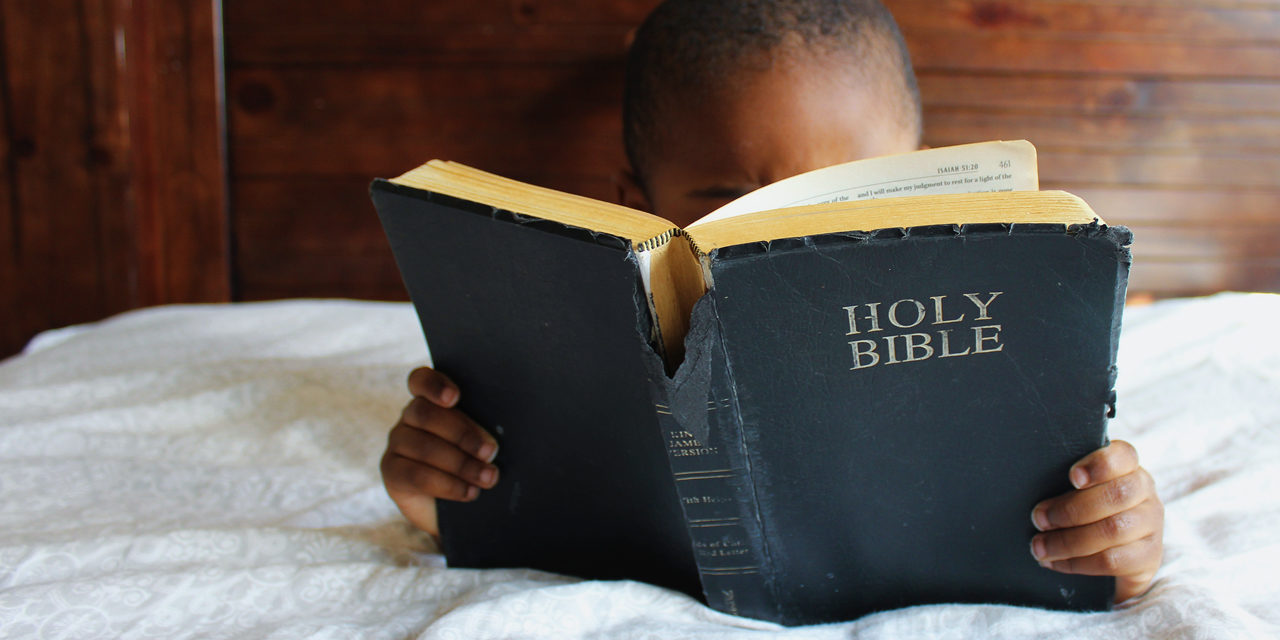Kyle, a 15-year-old wanted to bring his Bible to school for Focus on the Family’s annual “Bring Your Bible to School Day” but faced nothing but resistance from his peers, teachers and principal. Several parents who heard about the student-led event were also outraged at the prospect— despite the fact that bringing a Bible and talking about its contents when asked is absolutely constitutional.
Why was a child’s desire to claim his right to bring his Bible to school so inflammatory? Because in our country today, even the term “religious freedom” has become divisive. To some, individuals conducting their lives in a way that aligns with their deeply held beliefs qualifies as a criminal offense.
Take Jack Phillips, the Colorado baker who has endured multiple lawsuits for choosing not to use his artistic talents to celebrate causes that went against his religious convictions. Or look across America at the state and local governments who harangue churches for the “unsafe” practice of gathering to worship during this pandemic, all the while turning a blind eye to much larger groupings of protestors.
I’m not saying that one person’s conviction is any less valid than another’s. But both should hold equal value and not infringe upon the other. One of the fundamental principles at the founding of this country was the right to worship. It is just as fundamental to our lives today. Exercising the right to our faith is much more than simply showing up to a building, singing songs, hearing a sermon, and going back to our daily lives. It is a way of living. As one believes, so too will he act. It becomes inseparable to the identity of a person.
Across the world, there are people who choose to live out their faith under threat of violence – or worse – because it is who they are. To deny that would be to deny their very being. In the face of persecution, it was the Apostle Paul who wrote, “For to me to live is Christ, and to die is gain.”
In the United States, we have it easier. We have religious protections granted to us by the founding documents of our country. But it seems that hardly a day goes by without some sort of challenge to this freedom. Some people would suggest leaving our religious convictions at the door, as if our faith were a ratty, old t-shirt that we would only wear in the comfort of our home and never dare show to the outside world.
What, then, is the outcome of the religious freedom we seek? As a Christian, what do I want to do with it? Is it to marginalize, to ostracize those who don’t share my beliefs? Not at all. Rather, if I’m truly living out my faith, those around me can expect me to follow the words of Jesus: to “love the Lord your God with all your heart and with all your soul and with all your mind” and to “love your neighbor as yourself.” Christians are called to love every single person as God does. In fact, it is when I don’t live up to my religious convictions that I treat people poorly, not the other way around (we Christians recognize this ugly side of humanity as “sin”).
The importance of religious freedoms, especially for younger generations, cannot be overstated. For a student to be able to pray or bring their Bible with them to a public school are not the first steps toward religious oligarchy. It’s a path to understanding and respect.
That’s why initiatives like Bring Your Bible to School Day are so important. It doesn’t invent an imaginary right for students to bring their Bibles to school – that right already exists in America. Nor is it an excuse for Christian students to flaunt their religious freedoms in the face of authority. This nationwide, student-led movement is an opportunity to read and treasure the Bible and to encourage others with the hope found in our faith. This event empowers Christian students of all ages to speak up about their faith and know that they don’t have to check it at the door.
Whether or not their fellow students agree with them, exercising religious freedoms in this way can serve as building blocks for discussion, understanding, and respect.
Photo from Shutterstock
Visit our Election 2020 page






